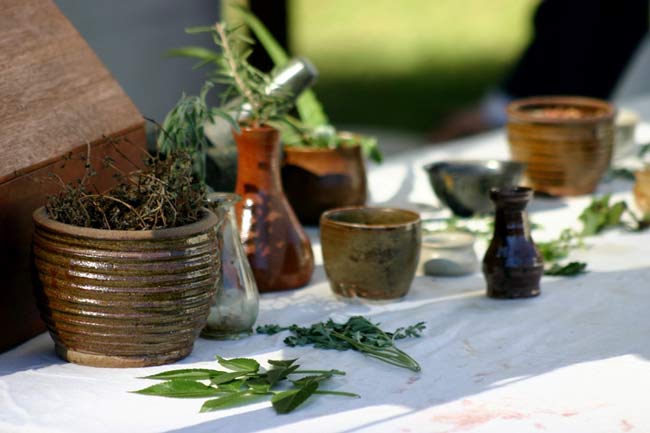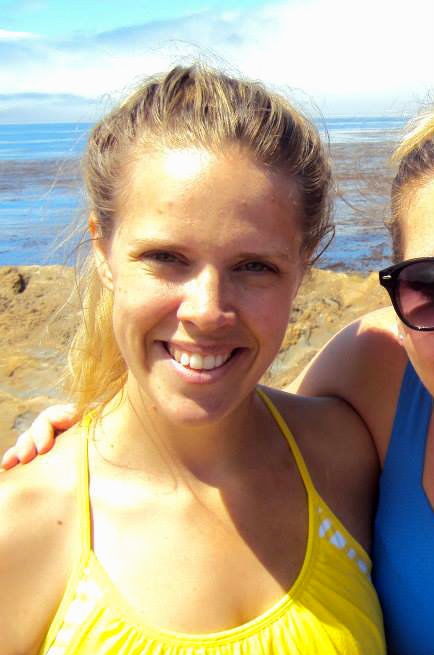Enlightened Medicine Found in Dark Ages

The Dark Ages had a few more proverbial light bulbs on than once thought, at least when it came to issues of the body.
People living in Europe during early Medieval times (400—1200 A.D.) actually had a progressive view of illness because disease was so common and out in the open, according to the research presented at a recent historical conference.
Instead of being isolated or shunned, the sick were integrated into society and taken care of by the community, the evidence suggests.
"The Dark Ages weren't so dark," said University of Nottingham historian Christina Lee, co-organizer of the second conference on Disease, Disability and Medicine in Early Medieval Europe. "The question we should be asking is whether illness was actually seen as a problem. What was classified as a disability? What was an impairment? The answer can't be generalized."
The views presented challenge traditional views of Dark Age attitudes being unenlightened and guided by the unscientific doctrines of the church.
Daily diseases
Treatment of the sick in the Dark Ages is poorly understood today, because none of it was governed by law or written down, Lee said, but assuming that it was backwards and steeped in superstition would be a mistake.
Sign up for the Live Science daily newsletter now
Get the world’s most fascinating discoveries delivered straight to your inbox.
Being sick was much more common back then, for one thing, so people accepted and dealt with ill people on a daily basis, she said.
"Parents, neighbors and friends all tried to get each other to a place of healing," Lee told LiveScience. "It was a community affair."
Lepers, usually depicted in film as isolated and ostracized, were often given splendid burials, she noted. Elaborate burials for adults with Down Syndrome have also been found, indicating that they were taken care of past their life expectancy, Lee said.
In Lee's view, expecting to encounter serious disease during your lifetime—and just dealing with as it came—was a common Medieval attitude that a modern society preoccupied with perfection could learn a lot from.
"We all need to think a little more Medieval. We're quite arrogant, thinking, 'Oh, we have antibiotics for everything,'" she said, adding that a serious plague or flu could still rear its head today. "The lesson from history is it will and it can."
Diseases as fads
The way sick people are treated is always a reflection of the prevalent cultural norms, Lee said.
"What we regard as healthy governs our attitudes towards the body," she said. "[In Medieval times] diseases came in and out of fashion, just like today, in terms of what was considered especially harmful," she said, pointing to the modern preoccupation with newsy diseases like bird flu. Obesity, labeled an "epidemic" of our time, would have been a sign of wealth back then.
However, the trust that people placed in their healers during the Dark Ages is a norm that has remained consistent through time. In a lot of ways, we are still in the "dark" about what's going on in our bodies, just like the Medieval people we often think of us as uneducated, Lee figures.
"Most of the time, we don't understand what our doctors are doing and just have faith they'll make us better," Lee said.
Religion played a role
Religion and other spiritual practices may have guided the way for Medieval populations in their quest to keep themselves and each other healthy, but people didn't always put blind faith in God.
"There are some Medieval texts out there that try to convince you that health was connected to spiritual goodness," Lee said, but "there was always a certain amount of propaganda by the Church."
Some of the most forward-thinking science in the Dark Ages was actually going on in monasteries, where monks trying to understand all of God's works—including the mysteries of the body—toiled with healing methods.
Caring for the sick, regardless of the motivation, is an important measure of what's going on in a culture, Lee said.
"I think the way people behave towards the weak is the hallmark of a civilization," she said.
What are mRNA vaccines, and how do they work?
Deadly motor-neuron disease treated in the womb in world 1st











